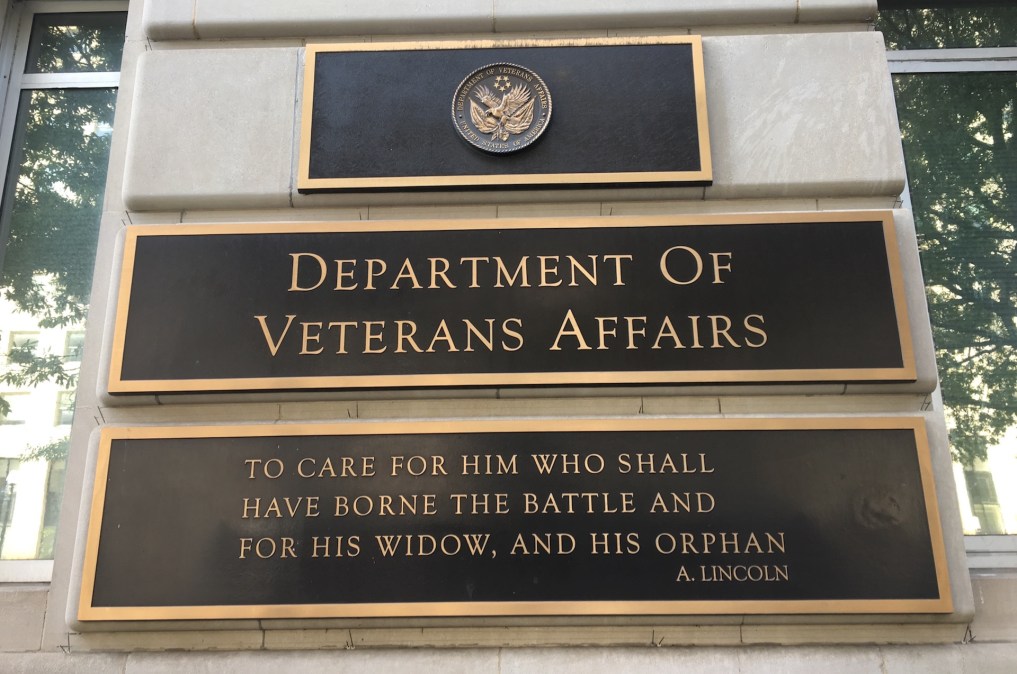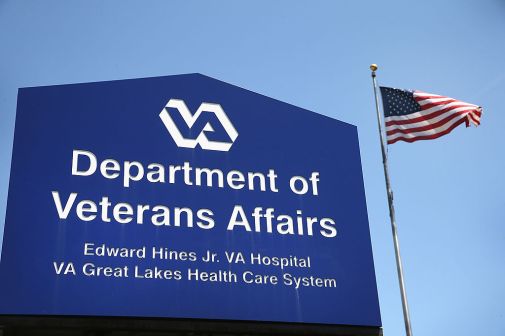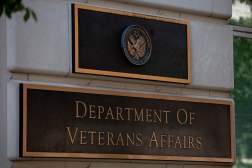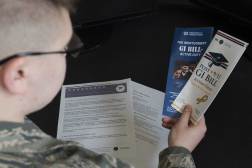VA to ‘reset’ efforts around new GI Bill housing stipend software

The Department of Veterans Affairs announced on Wednesday that its going to need a whole year to properly implement a piece of software that will make sure student veterans get appropriate GI Bill housing benefits.
The Veterans Benefits Administration will “reset” its efforts to develop and deploy the software that was originally expected on July 16 of this year, the agency said in a press release. The new estimated date of deployment is Dec. 1, 2019.
This extra time will “give the department the time, contracting support and resources necessary to develop the capability to process Spring 2020 enrollments in accordance with the law,” the press release states. It also mentions that the VA will be issuing new solicitations for contractors to support “program integration, systems implementation, and software development.”
The current challenges arose after the Harry W. Colmery Veterans Educational Assistance Act, or Forever GI Bill, was signed into law by President Donald Trump in August 2017. Two sections of the law, which extends or expands many benefits, change the way the VA pays a monthly housing stipend. Previously the stipend was based on the ZIP code of the school where the veteran was enrolled — now it should be based on the ZIP code of the campus of that school where he or she attends the majority of his or her classes. This can be a big deal for student veterans who attend schools with campuses in, for example, both rural and urban areas.
This change required the VA to build a new piece of software, a task that hasn’t gone smoothly.
Prime contractor Booz Allen Hamilton, called to testify at a hearing in the House Committee on Veterans’ Affairs Subcommittee on Economic Opportunity earlier this month, blamed the issues on the VA’s legacy IT environment. The challenges Booz Allen faced in building a new piece of software to fulfill the requirements of the new law are the result of “attempting to build something new on something very old,” senior Vice President Richard Crowe said in his opening statement.
The VBA initially hoped to have the software deployed in time to process fall 2018 enrollments according to the requirements of the Forever GI Bill. But as the semester approached, leaders realized the solution wouldn’t be done in time and directed schools and veterans to use the old system instead. All the confusion led to a large backlog of claims, which in turn led to payment delays and, in some cases, no payment at all.
By early November, as thoughts turned to enrollments for the spring 2019 semester, a working software solution still remained elusive. “Further system changes and modifications are being made and testing is ongoing on the IT solution for Sections 107 and 501,” a VA spokesperson told FedScoop in an email at the time, referring to the two pertinent sections of the Forever GI Bill.
In the House hearing, VBA officials refused to give lawmakers an answer on when the system would be finished and operational. “You will not leave this meeting with a date [for completion of the system],” Paul R. Lawrence, undersecretary for benefits at the Veterans Benefit Administration, said during the hearing, making it clear that he thought promising a specific date was where the agency went wrong.
Lawmakers weren’t pleased with this evasion. “Give us a timeframe so we can continue to hold you accountable because that’s our job,” chairman of the subcommittee Rep. Jodey Arrington, R-Texas, said in his closing comments.
A few days later, chairman of the Senate Budget Committee Mike Enzi, R-Wyo., sent a letter to VA Secretary Robert Wilkie in which he demanded answers to questions on how much money the VA has spent to fix the IT issue and when the problem will, finally, be solved.
“What is the current status of the IT upgrades?” Enzi demanded, in question number three of seven. “Will these systems be upgraded in time for the spring semester? If not, when does the VA expect to fully implement these changes?”
Now, it seems, the agency has provided an answer — the system upgrades will indeed be ready in time for a spring semester… specifically the one in 2020.






